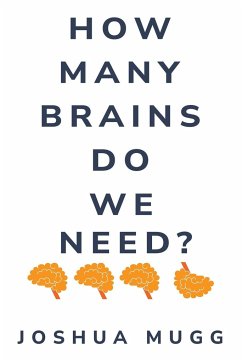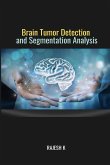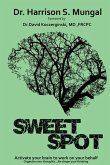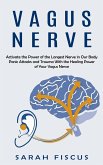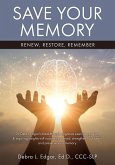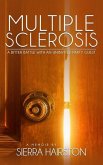To explain data from the reasoning and decision-making literature, dual-process theorists claim that human reasoning is divided: Type-1 processes are fast, automatic, associative, and evolutionarily old, while Type-2 processes are slow, effortful, rule-based, and evolutionarily new. Philosophers have used this distinction to their own philosophic ends in moral reasoning, epistemology, and philosophy of mind. I criticize dual-process theory on conceptual and empirical grounds and propose an alternative cognitive architecture for human reasoning. In chapter 1, I identify and clarify the key elements of dual-process and dual-system theory. Then, in chapter 2, I undercut an inference to the best explanation for dual-process theory by offering a one-system alternative. I argue that a single reasoning system can accomplish the explanatory work done by positing two distinct processes or systems. In chapter 3, I argue that a one-system account of human reasoning is empirically testable-it is incompatible with there being contradictory beliefs that are produced by simultaneously occurring reasoning processes. I further argue, contra Sloman (1996), that we do not have evidence for such beliefs. Next, in chapter 4, I argue that the properties used to distinguish Type-1 from Type-2 processes cross-cut each other (e.g. there are evolutionarily new processes that are effortless). The upshot is that even if human reasoning were divided, it would not parse neatly into two tidy categories: 'Type- 1' and 'Type-2.' Finally, in chapter 5, I fill in the details of my own one-system alternative. I argue that there is one reasoning system that can operate in many modes: consciously or unconsciously, automatically or controlled, and inductively or deductively. In contrast to the dual-process theorists, these properties do not cluster.

